Evers says he would support Republican proposal to pre-process ballots
A Republican bill passed by the Wisconsin Assembly in a bipartisan vote is intended to ease workloads of local clerks and elections workers, and prevent ballot-counting from stretching late into election night.
November 9, 2023
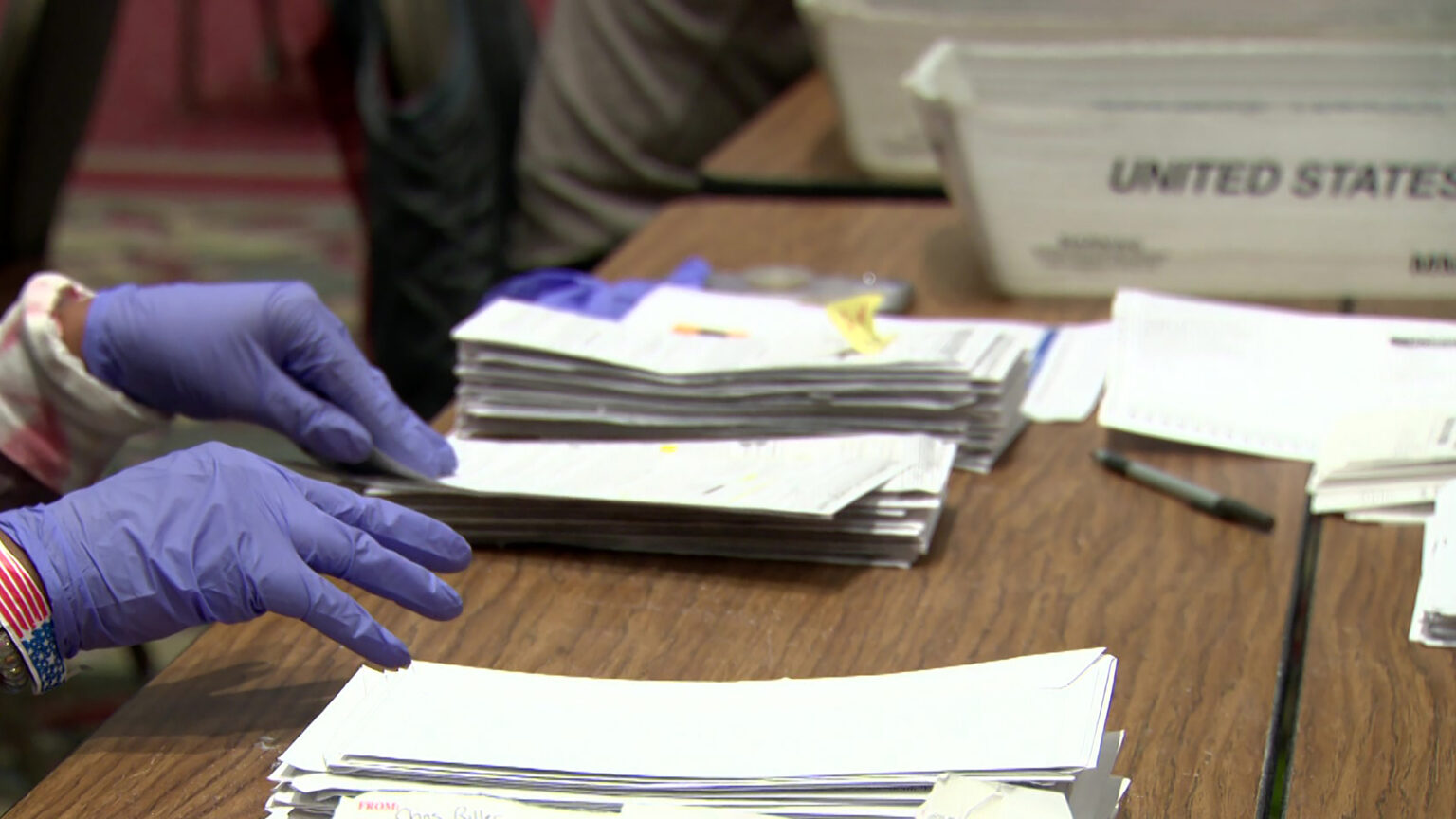
An election worker processes absentee ballots at a polling place in Milwaukee on Nov. 9, 2022. Wisconsin elections officials would be able to process absentee ballots the day before an election under a bill approved in a bipartisan vote on Nov. 9, 2023 in the Republican-controlled state Assembly. (Credit: PBS Wisconsin)

MADISON, Wis. (AP) — Democratic Gov. Tony Evers said Nov. 9 that he will sign into law a bill that would allow Wisconsin elections officials to process absentee ballots the day before an election if the Republican-controlled Legislature passes the measure in its current form.
The Republican-backed proposal, which the state Assembly passed in a bipartisan vote on Nov. 9, is intended to ease the workload of local clerks and their staff, who run elections, and prevent ballot-counting from stretching late into election night. The state Senate would also need to pass it before it would go to the governor.
Evers and the Republicans who control the Legislature have seldom found common ground on elections proposals. The governor has vetoed numerous GOP-sponsored elections bills in recent years that he said would make it harder to vote.
“Gov. Evers will veto any bill that enables politicians to interfere with our elections or makes it harder for eligible Wisconsinites to cast their ballot, but if there are common-sense proposals that help ensure Wisconsin’s elections continue to be fair, secure, and safe, he’ll certainly consider signing them,” Evers’ spokesperson, Britt Cudaback, said in a statement.
Under the bill, elections workers would not be allowed to count votes until after polls close on election day, but they could work ahead to check ballot envelopes for necessary information, verify voter eligibility and take ballots out of envelopes to prepare them for tallying.
Currently, Wisconsin elections workers cannot process absentee ballots until polls open at 7 a.m. on election day. This has led to long processing times for larger cities such as Madison and Milwaukee, sometimes causing swings in initial tallies when large batches of election results are reported late at night. Former President Donald Trump and election skeptics have falsely claimed that those so-called ballot dumps are the result of election fraud.
The Legislature has rejected similar proposals that would have allowed early ballot processing in recent years, despite them receiving bipartisan support. The bill up for a vote on Nov. 9, which also includes new reporting requirements for local elections officials on election night, was not authored by any Democratic lawmakers.
Evers proposed allowing early ballot processing in his budget proposal earlier in 2023, but that plan was scrapped by Republicans.
“This bill has always been common sense,” said Republican state Rep. Ron Tusler, the bill’s author. “We’ve tried to build something that works for everybody.”
If the state Senate also passes the bill without making any “poison pill” additions, Evers will sign it, Cudaback said.
“Gov. Evers for years has proposed allowing county and municipal clerks to begin canvassing absentee ballots the day before an election and is glad to see this effort finally has bipartisan support,” she said.
The Assembly also gave final approval on Nov. 9 to two constitutional amendments that now head to voters in statewide elections in 2024. In April, voters will decide whether the state should outlaw private funding for elections. And next November, voters will decide whether to specify in the state constitution that only U.S. citizens can vote in state and local elections.
Currently, the Wisconsin Constitution says that every U.S. citizen age 18 and over is a qualified elector, but it does not specifically say that only U.S. citizens are qualified to vote in state or local elections. The governor cannot veto a constitutional amendment.
Harm Venhuizen is a corps member for the Associated Press/Report for America Statehouse News Initiative. Report for America is a nonprofit national service program that places journalists in local newsrooms to report on undercovered issues.
 Passport
Passport





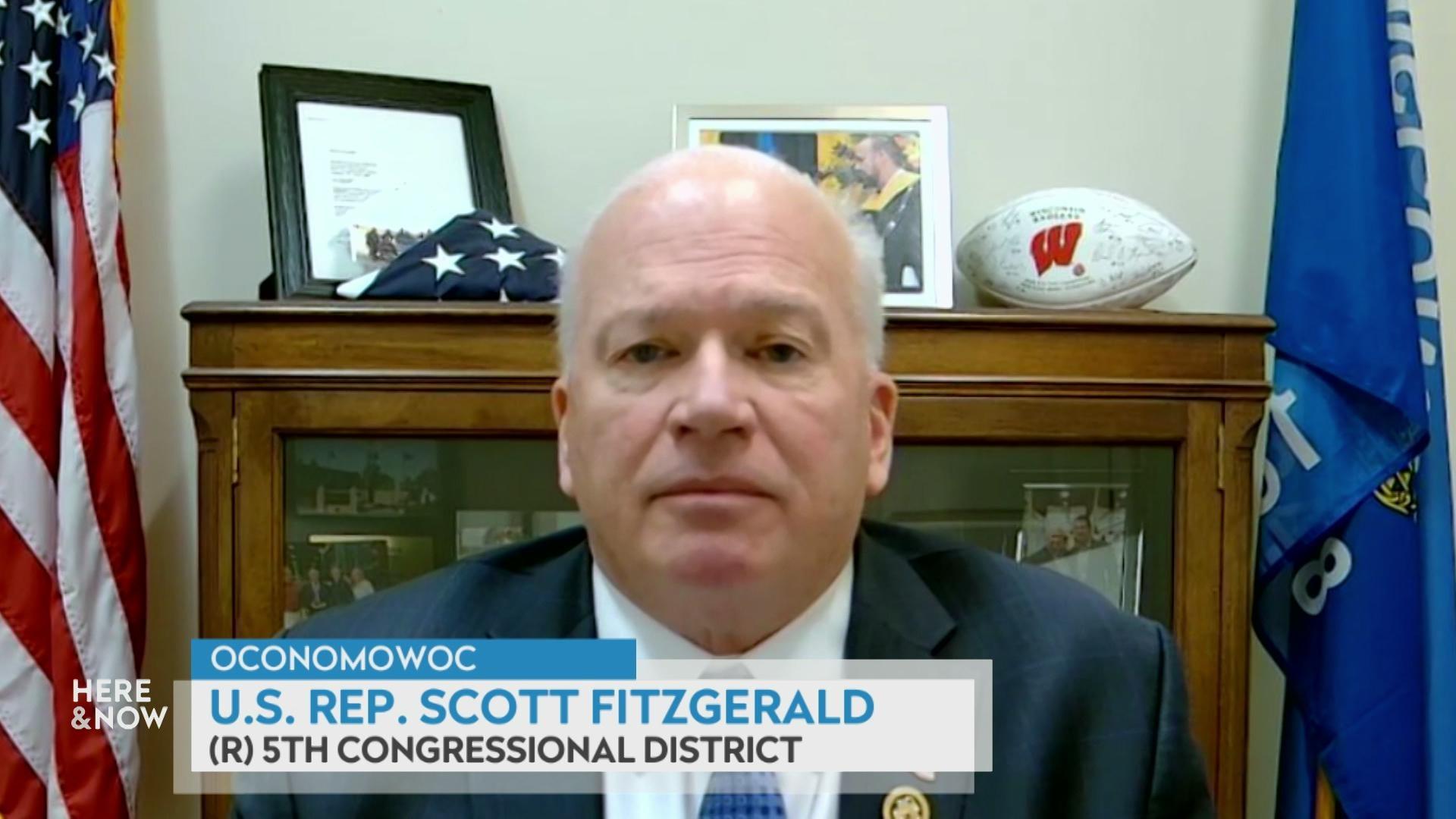
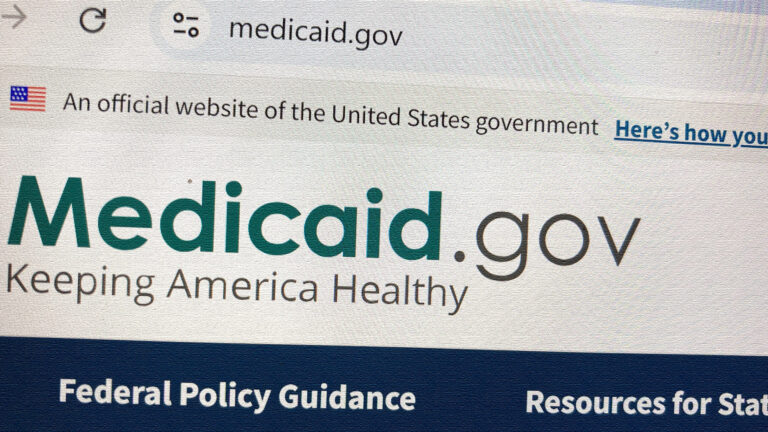
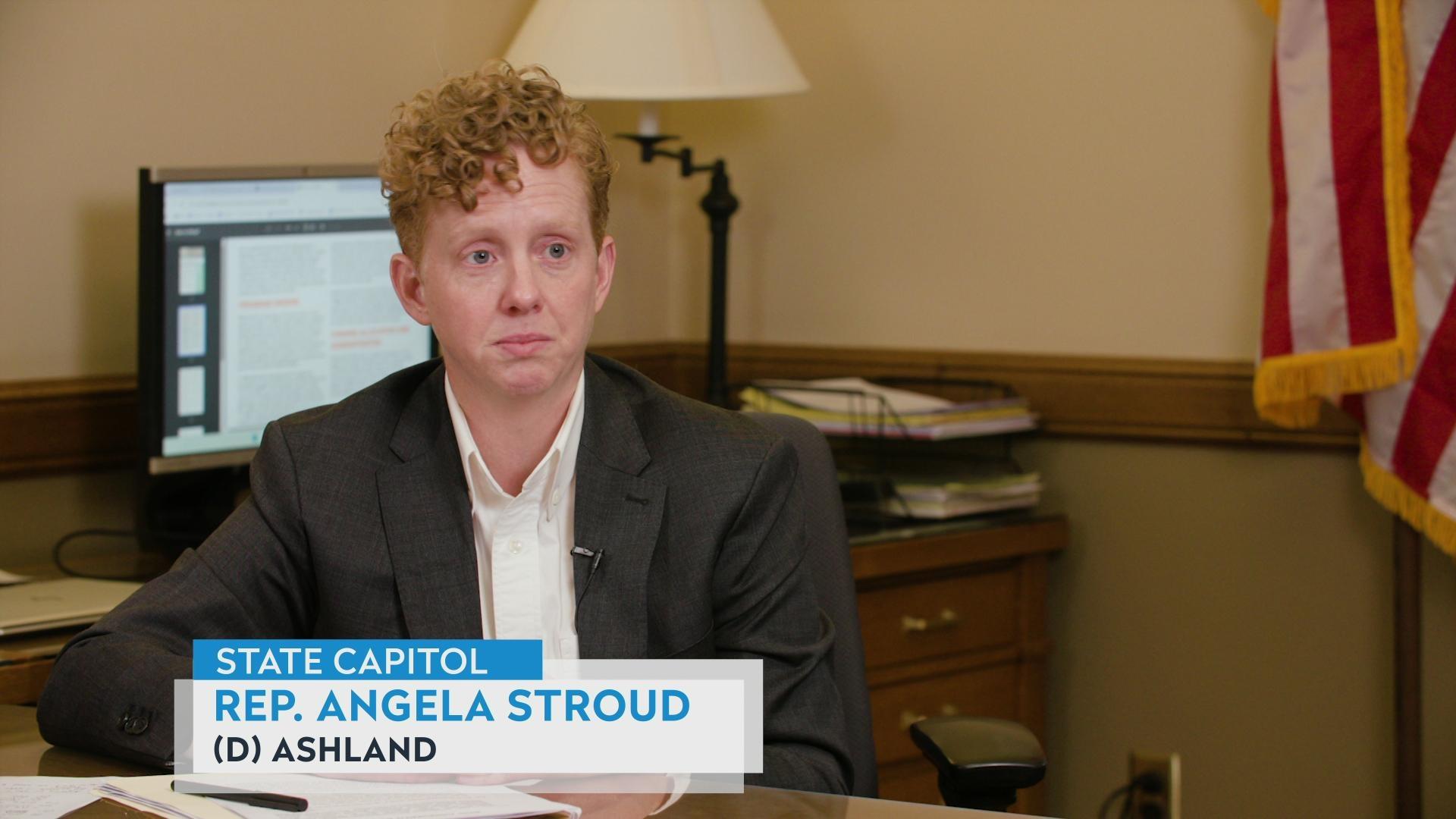
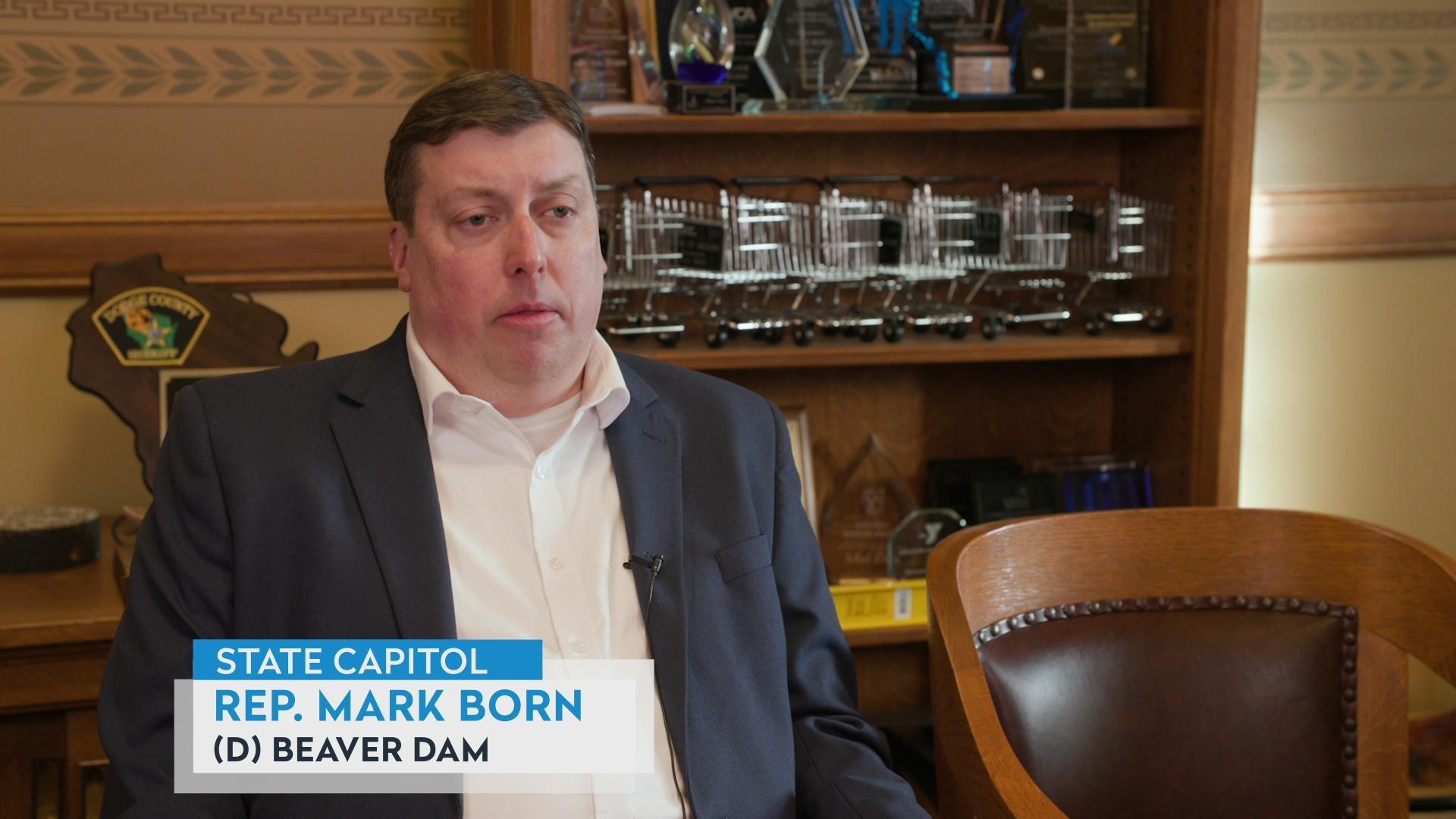
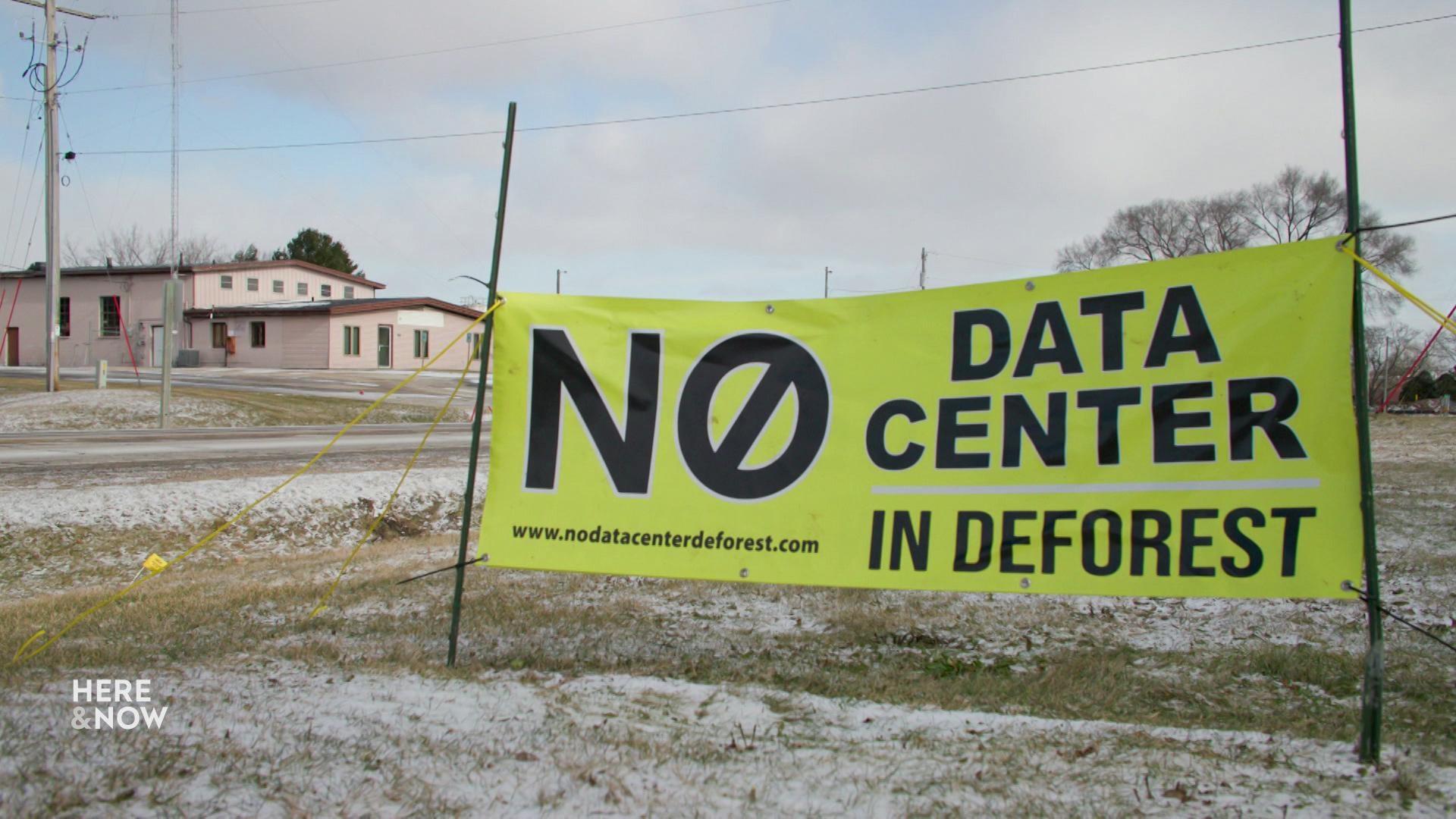

Follow Us